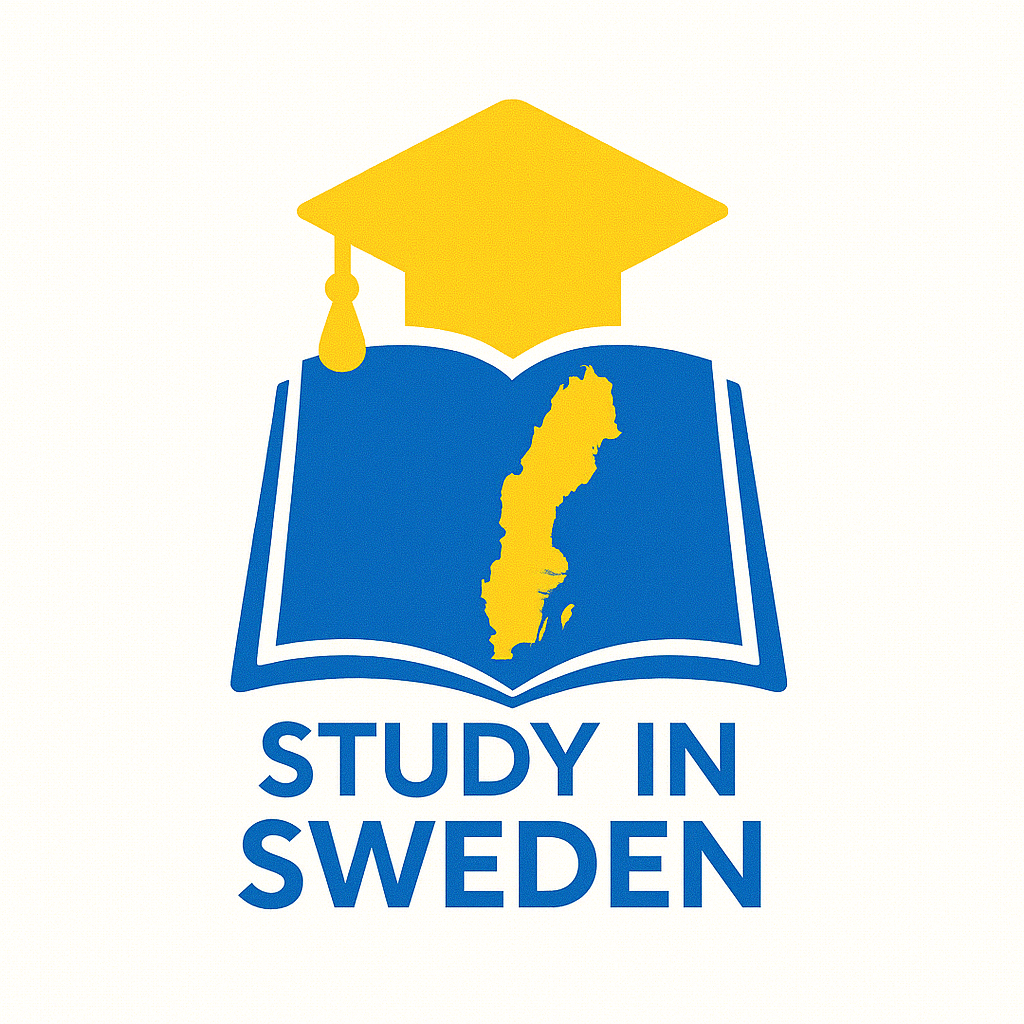Navigating the Complexities of Studying Abroad in Sweden: A Comprehensive Guide for International Recruitment Professionals
Quick Navigation
Understanding the Application Process for International Students
Helping students understand the application process is fundamental for recruiters and university admissions teams. Sweden primarily offers bachelor’s and master’s degree programmes taught in English, making it accessible to students from diverse backgrounds.
Choosing the Right Programme
- Advise students to research degree programmes thoroughly via official resources such as the Study in Sweden website.
- Students should consider academic interests, future career goals, and preferred locations.
- Remind them to check language requirements and course content carefully to ensure alignment with their aspirations.
Application Timeline and Deadlines
- The Swedish application system typically has two main admissions rounds:
- Autumn Semester (August–January): The primary intake with a wide selection of programmes.
- Spring Semester (January–June): Secondary intake with fewer options but offers an additional chance to apply.
- Recruiters should stress the importance of submitting applications before deadlines to avoid missed opportunities.
Required Documents
The documentation varies by level of study but commonly includes:
- Undergraduate applicants:
- Valid international passport
- High school diploma and transcripts equivalent to Swedish gymnasium
- Proof of English proficiency (e.g., IELTS, TOEFL)
- Motivation letter
- Letters of recommendation (if applicable)
- Master’s/postgraduate applicants:
- Valid international passport
- Bachelor’s degree certificate and transcripts
- Curriculum vitae (CV)
- Proof of English proficiency
- Motivation letter
- Letters of recommendation and any specific documents required by the university
Ensuring applicants prepare these documents accurately and in a timely fashion will enhance their chances of admission.
Managing Tuition Fees and Financial Planning
Financial clarity is critical for prospective students and a key area for recruitment and admissions professionals to address.
Tuition Fees Structure
- Non-EU/EEA students generally pay tuition and application fees.
- EU/EEA and Swiss nationals are exempt from tuition fees for degree programmes.
- It is essential to communicate these distinctions clearly to prevent misunderstandings.
Cost of Living in Sweden
Sweden’s standard of living is high, and students should be prepared to budget for accommodation, food, transportation, study materials, and personal expenses. University cities like Stockholm and Gothenburg can have tougher housing markets, influencing cost considerations.
Scholarships and Financial Aid
Many Swedish universities and organisations offer merit-based scholarships, primarily for master’s level students. Early research and application for scholarships is crucial. Encourage applicants to explore opportunities via the Study in Sweden scholarship page.
Advising students on comprehensive financial planning strengthens their preparedness and commitment to studying in Sweden.
Navigating Visa and Residence Permit Procedures
International recruiters and university admissions offices play a vital role in guiding students through the residence permit application, a process that can be complex and time-consuming.
Residence Permit Requirements
- Non-EU/EEA students must apply for a residence permit to study in Sweden.
- The application process should commence immediately after receiving the university acceptance letter to account for processing times.
Essential Documentation for Visa Applications
Students must provide:
- Evidence of full-time university admission
- Proof of financial means to support their stay in Sweden
- Valid passport
- Additional documents as required by Swedish immigration authorities
Providing clear, up-to-date guidance minimizes delays or errors that can jeopardize a student’s enrollment.
Preparing for Student Life: Accommodation and Integration
Ensuring students are prepared for life in Sweden enhances their overall experience and academic success.
Securing Accommodation
- Housing is often scarce in university towns. Early action to secure either university-provided or private accommodation is recommended.
- Universities may assist with student housing, but demand frequently exceeds supply, especially in larger cities.
Fostering Integration and Community Engagement
Swedish higher education encourages independent thinking, initiative, and critical engagement in learning. Students benefit from participation in student unions, international clubs, and social activities, which help build networks and ease cultural adaptation. Recruiters and admissions teams should inform students about these opportunities to facilitate smoother integration.
Embracing the Swedish Academic Culture
Understanding Sweden’s distinctive academic environment can prepare students for success.
Interactive Teaching Style
Education in Sweden emphasizes group work, open dialogue, and active student participation. Students are encouraged to take ownership of their learning and contribute meaningfully to discussions and projects.
Access to Support Services
Universities provide orientation programmes, counseling, and academic support tailored for international students. Awareness of these resources enables students to seek assistance proactively when needed.
Take the Next Step with Study in Sweden
Ready to simplify your international student recruitment process and provide unparalleled support for candidates aspiring to study in Sweden?
Contact Study in Sweden today to learn more about our services and partnership opportunities. Together, we can navigate the complexities of studying abroad and unlock student potential in one of Europe’s most innovative and welcoming academic environments.

